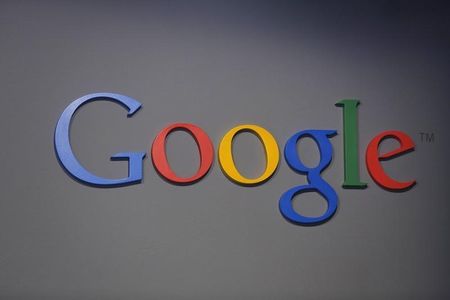Google’s second monopoly trial is set to begin next week in a Virginia district court. Unlike the ongoing Search trial, analysts at Barclays believe investors shouldn't be overly concerned about this one, aside from potential headline risks.
The reason for this is that Google’s entire ad tech stack accounts for less than 5% of the company’s gross profit, with the specific area under scrutiny representing just about 1% of gross profit. The trial is scheduled for this fall, with a decision expected in early 2025, and any remedies to follow thereafter.
Analysts at Barclays speculate that Google (NASDAQ:GOOGL) might be required to "unbundle certain key features of its ad tech business, particularly the steering of impressions via its publisher ad server to its ad exchange (and away from competitors)."
“Eliminating this bundle would have a minor impact on overall revenue,” they added.
Moreover, data collection practices, particularly related to Project Narnia-2, could present a small challenge. In 2016, Google consolidated user profiles into a single entity for targeting purposes. Reversing this process could have a minor effect on YouTube revenue, and to a lesser extent, Search revenue in the future.
Last month, a federal judge ruled that Google had violated U.S. antitrust law by maintaining monopolistic control in the search and advertising markets.
"After having carefully considered and weighed the witness testimony and evidence, the court reaches the following conclusion: Google is a monopolist, and it has acted as one to maintain its monopoly,” Judge Amit Mehta’s ruling stated.
This decision marked a significant win for the Department of Justice (DOJ), although the judge did not support all of the government’s arguments.
While rejecting the claim that Google holds monopoly power in a specific segment of the ads market, he concurred with the government that Google monopolizes “general search services” and “general search text advertising."
